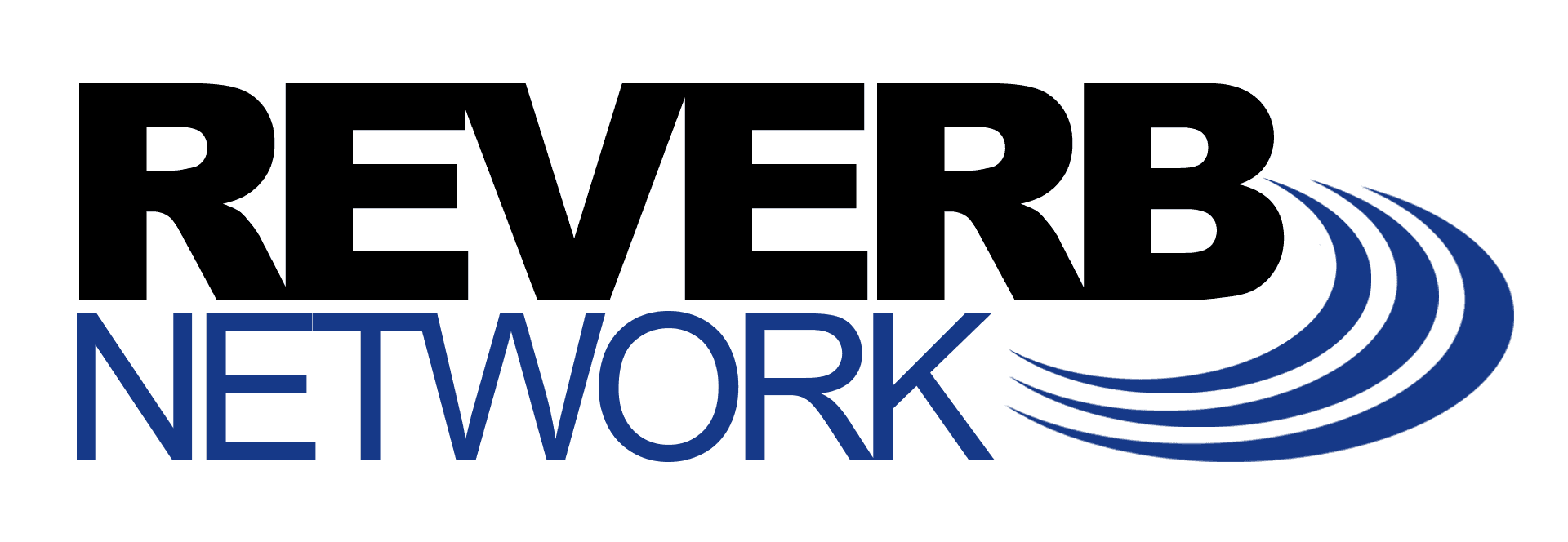Organizational Shepherds and Stewards
Luke Kuepfer • March 27, 2020
As we begin the last section of DOING in our phase on Achieving Organizational Effectiveness, I’d like to briefly discuss the roles of shepherding and stewarding. Psalm 78:71 states that “[God] chose David his servant...to be the shepherd of his people.” In 1 Corinthians 4:1, Paul refers to stewardship when he writes: “...regard us...as servants of Christ...entrusted with the mysteries God has revealed.”
At the Reverb Network, we believe that Jesus’ standard of leadership in His Kingdom is that of servanthood with the implication that serving leaders are both shepherds and stewards. Just like parents set their children up for success with training in their early years and cheerleading after they leave the nest, so do organizational shepherds provide direction from the top and empowerment from below in order to steward the vision (click here
for some examples.)
Psalm 78:72 notes that “David shepherded them with integrity
of heart; with skillful hands he led them.” A shepherd’s life was very hard. Shepherds were required to be on duty twenty-four hours a day and seven days a week to feed, guide, and protect their sheep. Constant vigilance, fearless courage, and patient love were necessary characteristics of the shepherd.
Stewardship implies responsibility and fruitfulness. The apostle Paul was passionate about fulfilling the purpose God had given him and multiplying the effects of the Gospel to everyone in his sphere of influence.
Organizational leaders at the DOING level both direct and empower. They are doers, moving from the being and knowing of serving leadership toward implementation.
[Next week we will look at a case study of Jesus as a Shepherd Leader.]














